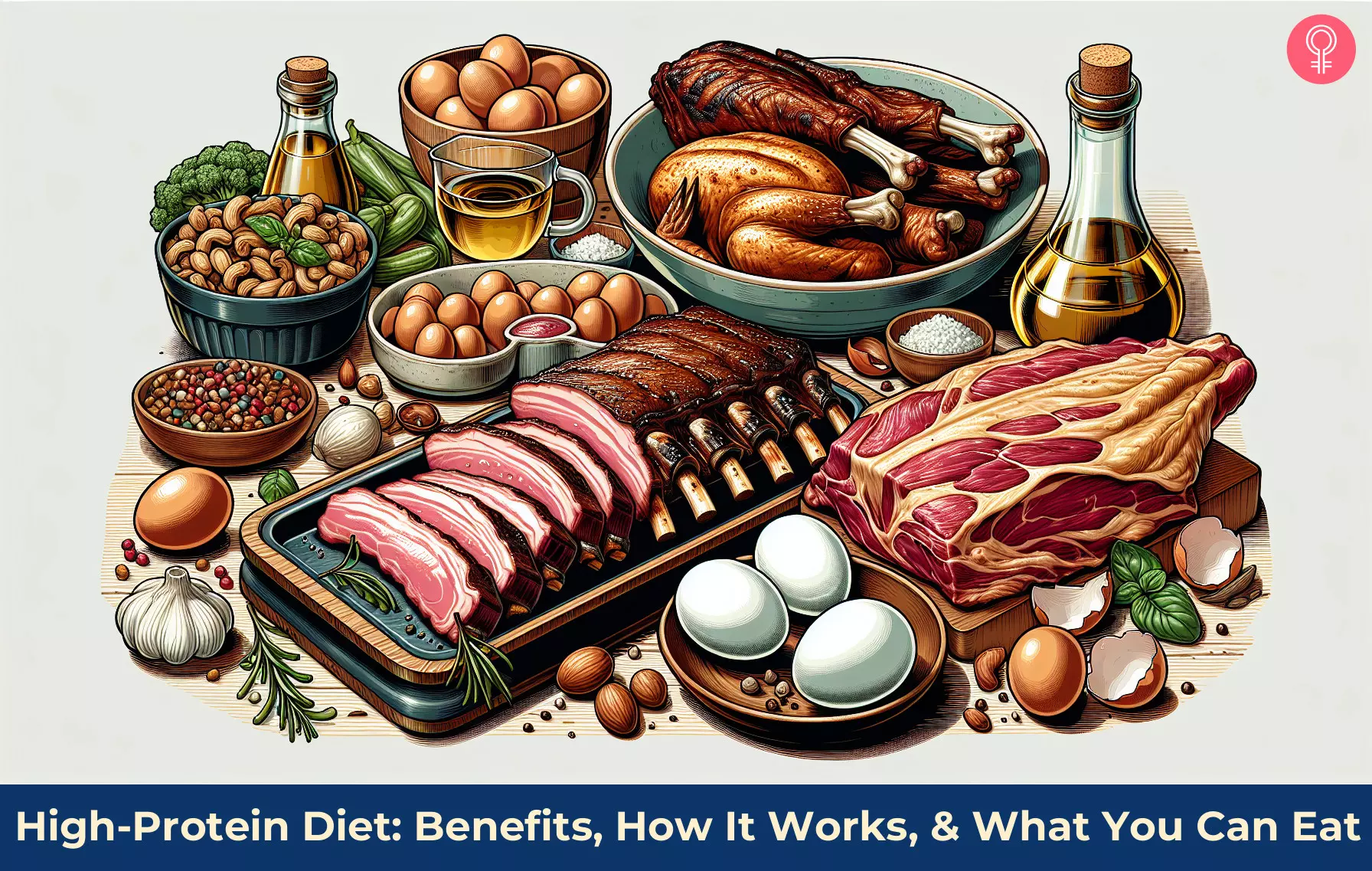Insightful Bytes
Exploring the world one byte at a time.
Protein Perks: Why Your Diet Needs a Boost
Unlock the secret to energy and health! Discover how boosting protein in your diet can transform your life and elevate your wellness journey.
The Ultimate Guide to Protein: Benefits and Sources
Protein is an essential macronutrient that plays a crucial role in building and repairing tissues, producing enzymes and hormones, and supporting overall bodily functions. A well-balanced diet must include sufficient protein intake to maintain muscle mass, promote satiety, and aid in weight management. Notably, research highlights the significant health benefits of protein, such as enhancing metabolic rate, supporting immune function, and reducing the risk of chronic diseases. Understanding your daily protein needs and how to fulfill them can have a remarkable impact on your health and fitness goals.
There are various sources of protein, which can be categorized into animal and plant-based options. Animal sources include meat, fish, dairy, and eggs, offering complete proteins that provide all nine essential amino acids. On the other hand, plant-based sources like beans, lentils, quinoa, nuts, and soy products are excellent alternatives, although they may need to be combined to form complete proteins. Incorporating a diverse range of these foods into your diet can help you meet your protein requirements while enjoying the numerous health benefits they offer. For more information on the best protein sources, visit Medical News Today for a detailed guide.

How Much Protein Do You Really Need? Debunking Myths
When it comes to understanding how much protein you really need, it's essential to separate fact from fiction. Many people believe that consuming excessive amounts of protein is necessary for muscle growth and overall health, but this isn't entirely accurate. According to the National Institutes of Health, the average adult only requires around 0.8 grams of protein per kilogram of body weight per day to meet their basic nutritional needs. For most active individuals, especially those engaged in strength training or endurance sports, a range of 1.2 to 2.0 grams per kilogram may be optimal, but more is not always better.
There are several myths surrounding protein intake that can lead to confusion. For instance, some people think that every meal must be a 'high-protein' meal to ensure adequate intake throughout the day. However, the body is capable of utilizing protein effectively over a 24-hour period, as noted by research published in the Journal of Nutrition. It's also a common misconception that plant-based diets cannot provide adequate protein. In reality, many plant sources contain sufficient protein when consumed in varied combinations. To truly appreciate how much protein you need, consider your individual lifestyle, activity level, and health goals.
Protein Power: Can It Boost Your Workout Performance?
Protein power plays a crucial role in enhancing your workout performance. It serves as the building block of muscle tissue, aiding in recovery and growth after strenuous exercises. When you consume protein, your body breaks it down into amino acids, which are then utilized to repair and build muscle fibers, making you stronger and more resilient over time. Understanding the benefits of protein is essential for anyone striving to improve their fitness levels.
Additionally, incorporating adequate protein into your diet can help prevent muscle breakdown during intense training sessions. Research indicates that a protein-rich diet may lead to better overall performance by boosting strength and endurance. Aiming for a protein intake of about 1.6 to 2.2 grams per kilogram of body weight daily can optimize your training outcomes. For more insights on how protein can impact your workouts, check out this resource on Healthline.